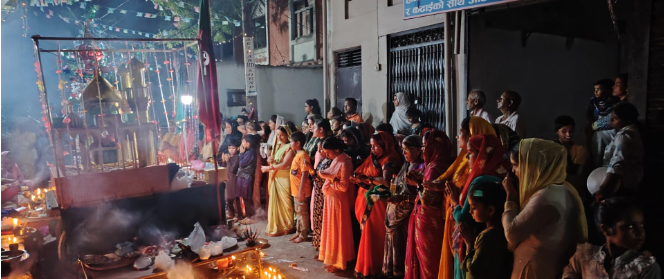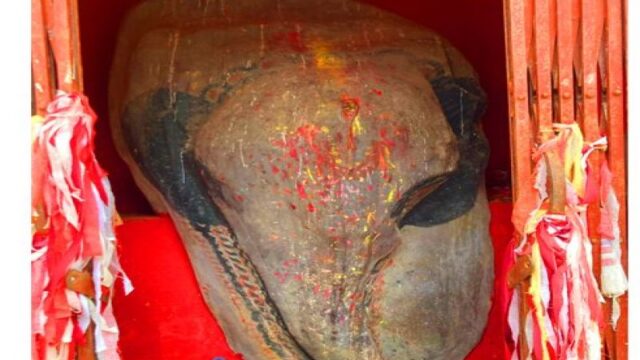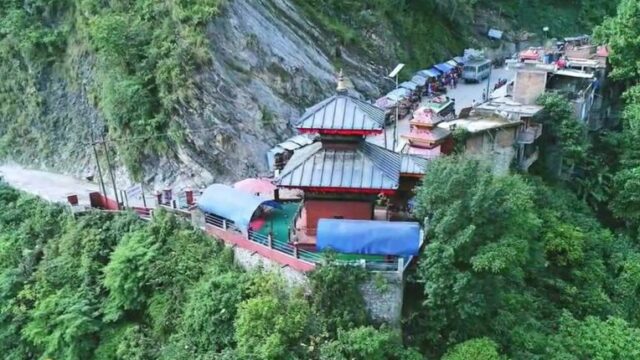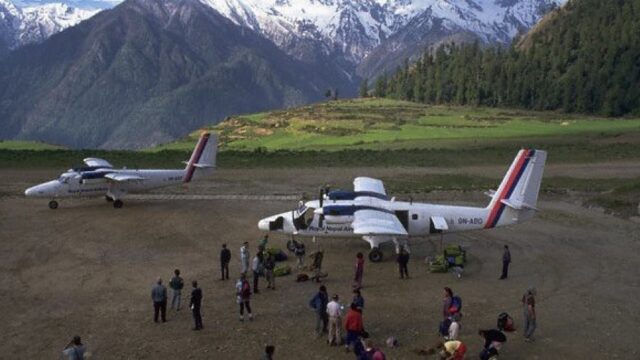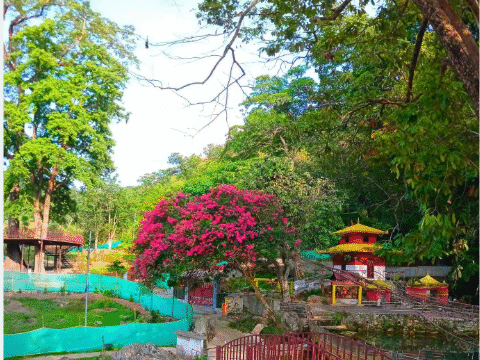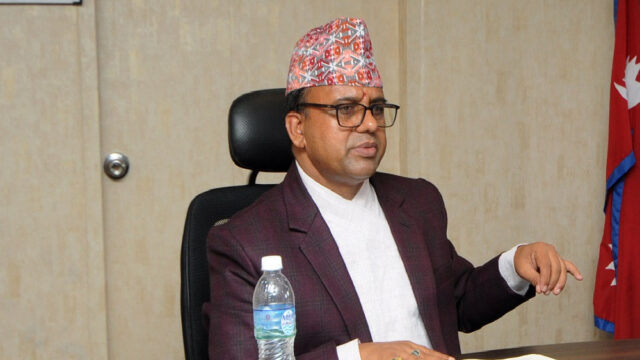Madesh witnessed the simultaneous celebration of significant festivals by followers of both Hindu and Islamic faiths. Hindus celebrated the Harishayani festival on Ashadh Shukla Ekadashi of the lunar calendar, while Muslims observed Muharram.
Harishayani Ekadashi: A Significant Hindu Festival
In Hindu tradition, Ashadh Shukla Ekadashi is known as Harishayani Ekadashi. According to traditional beliefs, on this day, Lord Vishnu goes into a state of rest in the ocean, which is considered the maternal home of Goddess Lakshmi. Lord Vishnu is believed to awaken on Kartik Shukla Ekadashi, known as Haribodhini Ekadashi.
Although all Ekadashis are considered sacred, Harishayani and Haribodhini hold special significance. On the day of Harishayani Ekadashi, basil (Tulsi) plants, which were sown on Jeth Shukla Ekadashi (also known as Nirjala Ekadashi), are transplanted into the ground. Devotees observe a fast, plant basil, and worship Vishnu and Lakshmi through prayers and hymns. According to Hindu tradition, the basil planted today is symbolically married to Lord Vishnu on Kartik Shukla Ekadashi.
Muharram: A Day of Remembrance for Muslims
Muslims celebrated Muharram today. Muharram marks the first month of the Islamic lunar calendar, Hijri. The festival commemorates the martyrdom of Imam Hussain and Hasan, the grandsons of Prophet Muhammad, who were martyred in the Battle of Karbala near Mecca.
In remembrance of Hasan and Hussain, artistic structures known as Tazia are created and taken to large open grounds called ‘Rain’ by the Muslim community. Muslims gather, perform stick-and-sword demonstrations, and commemorate the battle of Hasan and Hussain, an event also referred to as ‘Daha.’
Muharram is considered a sacred month in Islam, symbolizing martyrdom for truth. Haji Bihari Ansari, an 85-year-old resident of Bhanga-4 in Mahottari, explained that Muharram is primarily observed as a day to transform sorrow into strength, emphasizing the significance of standing up for righteousness.
With the celebrations of Harishayani Ekadashi and Muharram, the diverse cultural and religious tapestry of Madesh was vividly displayed today, showcasing the region’s rich tradition of observing and respecting multiple faiths.
